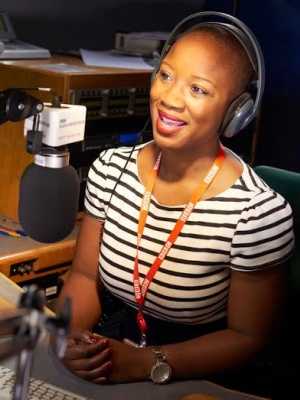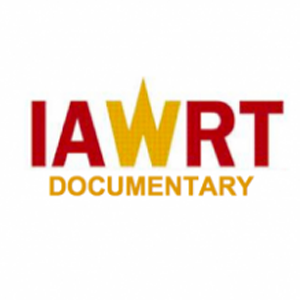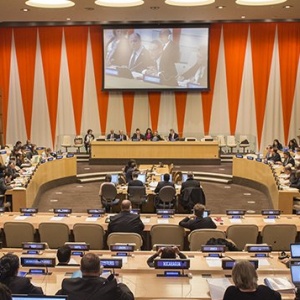“Space for ordinary people to exercise their fundamental freedoms – and to participate in their own governance – is closing at a rapid and disturbing pace worldwide.
And ground zero, shamefully, is the very place where these rights should be thriving: The United Nations, one of whose pillars, ironically, is human rights.” Maina Kiai, UN Special Rapporteur on the rights to freedom of peaceful assembly and of association.
pic: Committee on NGO’s 2016 resumes session; www.un.org
More than 230 non-governmental organisations (NGOs) from around the world have joined forces to protest about a crucial United Nations committee shutting out voices which some states (countries) do not want to hear.
The 19 member, Committee on NGOs has now made the controversial decision to refuse consultative status to the high profile advocate of media freedom, the Committee to Protect Journalists (CPJ) “At a time when such a voice is sorely needed” according to UN Special Rapporteur, Maina Kiai. He says many other NGOs working on human rights issues are being stymied. “Those who faced the greatest obstacles were those working on sexual orientation and gender identity, minority rights, or sexual and reproductive rights.” The Youth Coalition for Sexual and Reproductive Rights (YCSRR) was also refused consultative status at the May-June meeting.
The committee is the main gateway for civic organisations to engage with the UN, It recommends consultative status to the United Nations Economic and Social Council (ECOSOC).That status allows NGOs access to UN forums, including the Human Rights Council, to submit information, lobby diplomats, and organize side events (IAWRT has had consultative status with ECOSOC since 1985).
CPJ has been reporting sexualised violence against women media workers since its first report in 2011, The silencing crime: Sexual violence and journalists. Their work is a valuable resource for media advocacy and capacity-building organisations such as IAWRT, which promotes gender equity in the media. Such work, including the 2016 annual publication, Attacks on the Press: Gender and Media Freedom Worldwide forms part of the research base for the 2016 IAWRT long documentary film – Women Making News – which will probe these issues.
CPJ: “Kafkaesqe bureaucratic limbo”
The Committee to Protect Journalists often launches its annual monitoring of attacks on the media in conjunction with the United Nations.
“It is sad that the UN., which has taken up the issue of press freedom through Security Council and General Assembly resolutions and through the adoption of the UN. Action Plan, has denied accreditation to CPJ, which has deep and useful knowledge that could inform decision making,” says the Executive Director Joel Simon.
The CPJ first applied for consultative status in 2012, and was deferred seven times, it says that was based on arcane UN. procedure, “the accreditation process has been one of Kafka-esqe bureaucratic limbo.”[1] The May-June session had 245 applications deferred from earlier sessions before it, that was reduced to 235, 188 NGO’s did receive consultative status.
The CPJ voting was: Yes: Greece, Guinea, Israel, Mauritania, USA, Uruguay; No: Azerbaijan, Burundi, China, Cuba, Nicaragua, Pakistan, Russia,South Africa, Sudan, Venezuela. There were 3 abstentions: India, Iran and Turkey.
Cuba, Azerbaijan, China and Iran were on CPJ’s 2015 list the 10 Most Censored Countries in the annual publication, Attacks on the Press.
Joel Simon says “A small group of countries with poor press freedom records are using bureaucratic delaying tactics to sabotage and undermine any efforts that call their own abusive policies into high relief.”
The committee on NGOs has also deferred, for the 18th time, an application by an organisation working to end discrimination against people based on caste – the International Dalit Solidarity Network (IDSN).
“A tool of states that do not respect human rights”
The International Dalit Solidarity Network (IDSN) now has an unenviable record. It is the NGO made to wait the longest for a decision – nine years. Two more questions from India lead to the latest delay. “Since 2008, India has asked 77 questions, many of them repetitive and previously responded to” it says in a statement.
“The UN Committee on NGOs has become infamous as a tool of states that do not respect human rights and civil society. The Committee’s practice of repeatedly deferring NGO applications for consultative status with the UN has reached such an alarming extent that it undermines global human rights.”
IDSN Executive Director Rikke Nöhrlind says ECOSOC status is crucial for IDSN’s work “without it, opportunities to discuss the impact of and solutions to the horrific human rights and development challenges brought about by caste discrimination will be lost.”
KKF:“defamed and then silenced”
In January the committee blocked the application of the Khmers Kampuchea-Krom Federation (KKF) without allowing it to defend itself against a claim that it ‘undermined the unity of the state of Vietnam’.
The International Service for Human Rights New York co-director Eleanor Openshaw says the practices of the Committee hit a new low, when it allowed accusations to be made against the KKF, but denied the NGO the right to speak at a regular Q&A session.
“In so doing, the Committee allowed for an NGO to be defamed and then silenced, in violation of the fundamental principles of freedom of expression, association and due process that should guide the Committee’s work” she said.
The KKF, established at a global gathering in the US in 1985, has been vocal about Vietnamese government land grabs and human rights abuses of Khmer-Krom people living in the Mekong Delta. In 2012 Vietnam successfully argued in ECOSOC that it should not be granted consultative status.
“Hijacking, and closing the main door for NGOs”
The letter, from the national and international NGO’s, accuses the Committee of politicising its administrative role, particularly by obstructing human rights organisations working on issues with which States disagree. It called on members of ECOSOC to reform the practice of the Committee, and institute a political, fair and transparent system.
Even getting the NGO’s concerns before the committee was not easy. In the May-June meeting, a protracted and tense argument about the right of an NGO representative to speak during its sessions preceded ISHR delivering a statement.
The letter, copied to UN leaders, takes a moderate tone whilst citing the findings of the 2014 report of the UN Special Rapporteur on the Rights to Freedom of Peaceful Assembly and Association.
However, Maina Kiai was scathing about the committee’s May-June session: “the same governments that are restricting NGOs domestically are stepping up efforts to take away NGOs’ voices on the international stage as well” he said.
“The United Nations is an arena where some of the world’s most significant political decisions are made. Ordinary people, though civil society organizations that may have a different view from their government, must have a voice in this process.
To be clear, this responsibility is not simply about boosting civil society’s profile. It’s also about the effectiveness and credibility of the United Nations as a whole.”
By Nonee Walsh
ADDITIONAL NOTE
In late May 2016 The United Nations human rights office added its voice to the concerns raised about the denial of consultative status to CPJ. In late July, 2016, an ECOSOC vote finally gave CPJ the right to officially access U.N. bodies and processes.
Sources:
http://csonet.org/index.php?menu=14
http://idsn.org/
www.cpj.org
www.ishr.ch
http://freeassembly.net/;
[1] Reference to works of German writer Franz Kafka, variously understood to include being nightmarishly complex, bizarre or an illogical terror of endless interrogations.

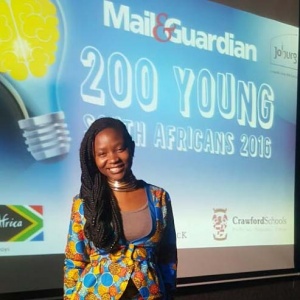
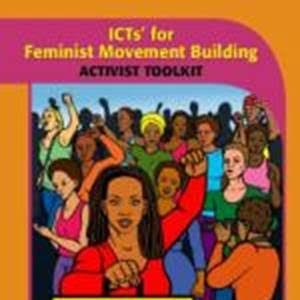
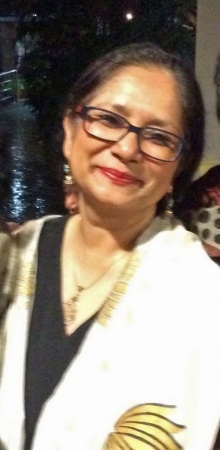
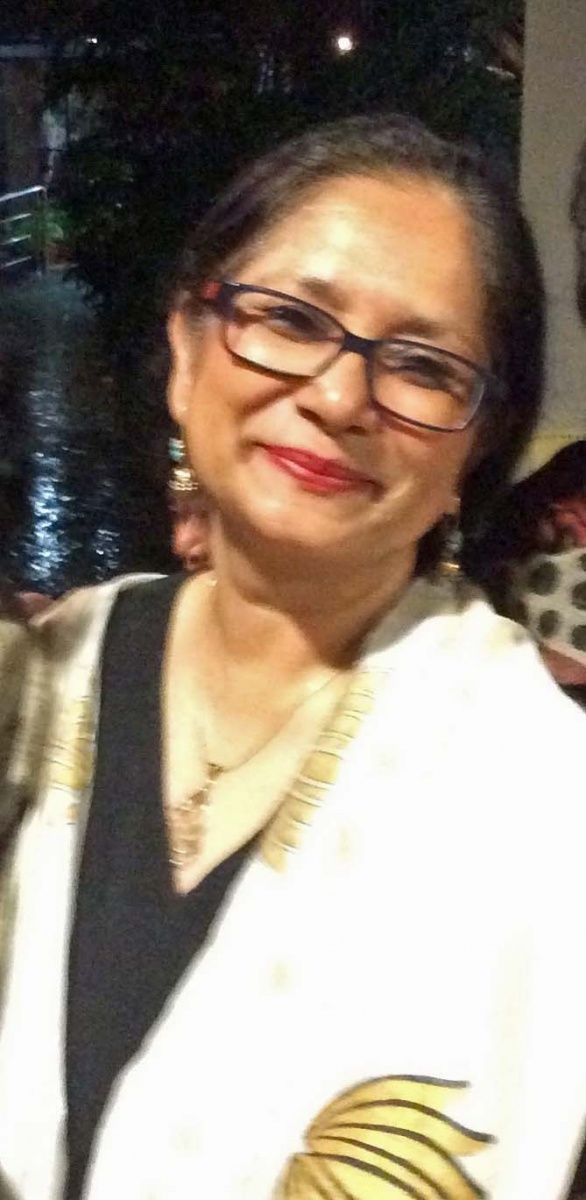 There are many strands to women making news, for example, the status of women in world newsrooms: Do they still work with editors and colleagues with patriarchal mind-sets? Are women journalists in decision making positions in newsrooms? Do they have any power to make an impact on the final outcome of a story?
There are many strands to women making news, for example, the status of women in world newsrooms: Do they still work with editors and colleagues with patriarchal mind-sets? Are women journalists in decision making positions in newsrooms? Do they have any power to make an impact on the final outcome of a story?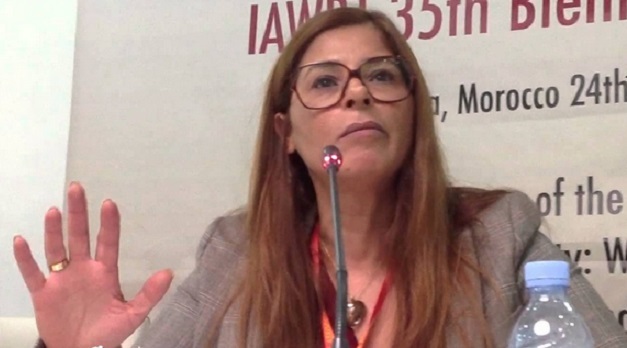 “I recall Samira Sitaïl (pic:left) the director of information @2M TV, Morocco, in the 2013 IAWRT biennial conference saying: “My name is Samira – but I think, what if it was Samir? I have been threatened. But I am not going to change my sex! There are times, however, that society accepts us as journalists first and then a woman.”
“I recall Samira Sitaïl (pic:left) the director of information @2M TV, Morocco, in the 2013 IAWRT biennial conference saying: “My name is Samira – but I think, what if it was Samir? I have been threatened. But I am not going to change my sex! There are times, however, that society accepts us as journalists first and then a woman.”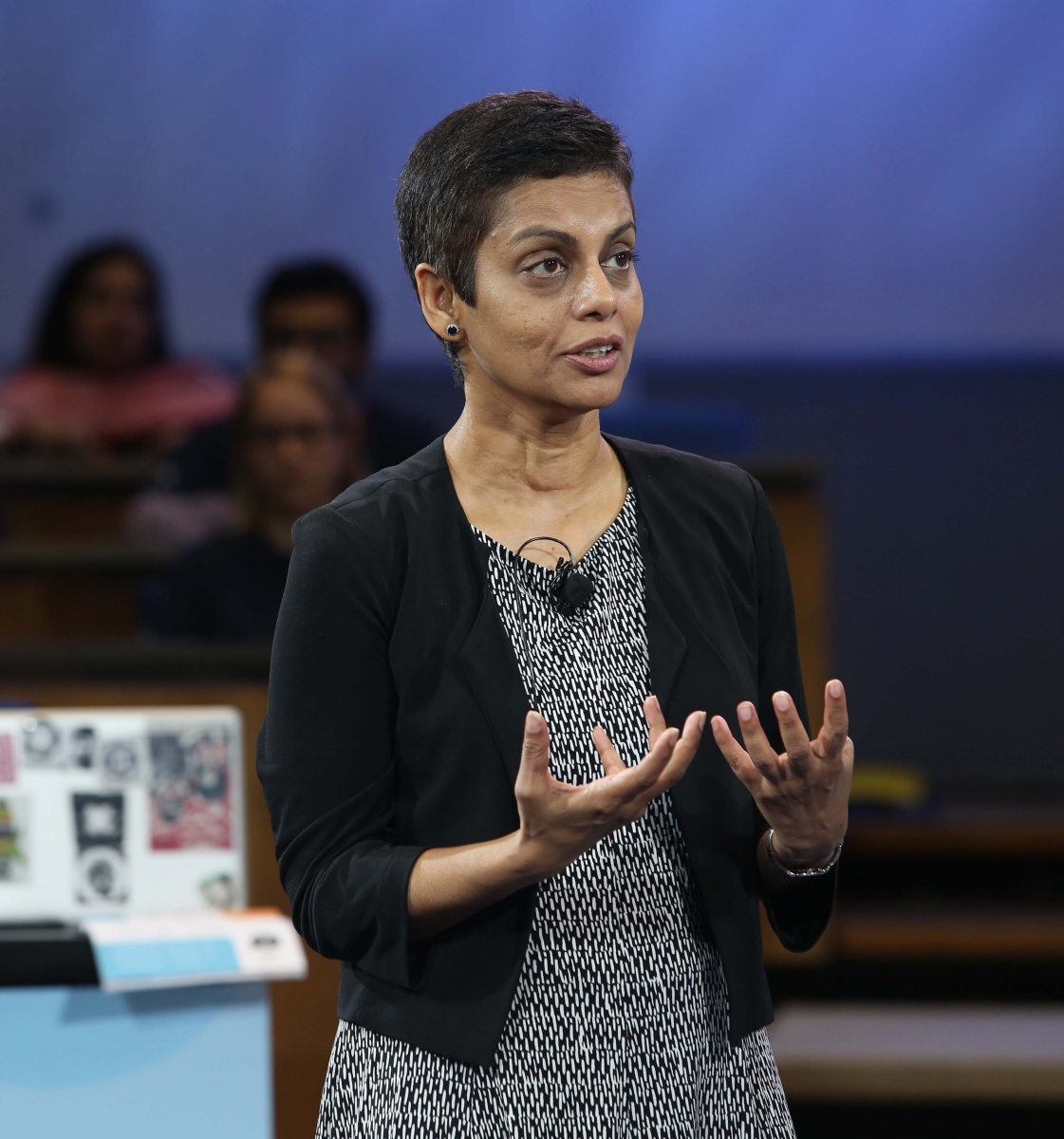 “An independent woman blogger from Bangladesh, Rafida Ahmed Bonya, (
“An independent woman blogger from Bangladesh, Rafida Ahmed Bonya, (